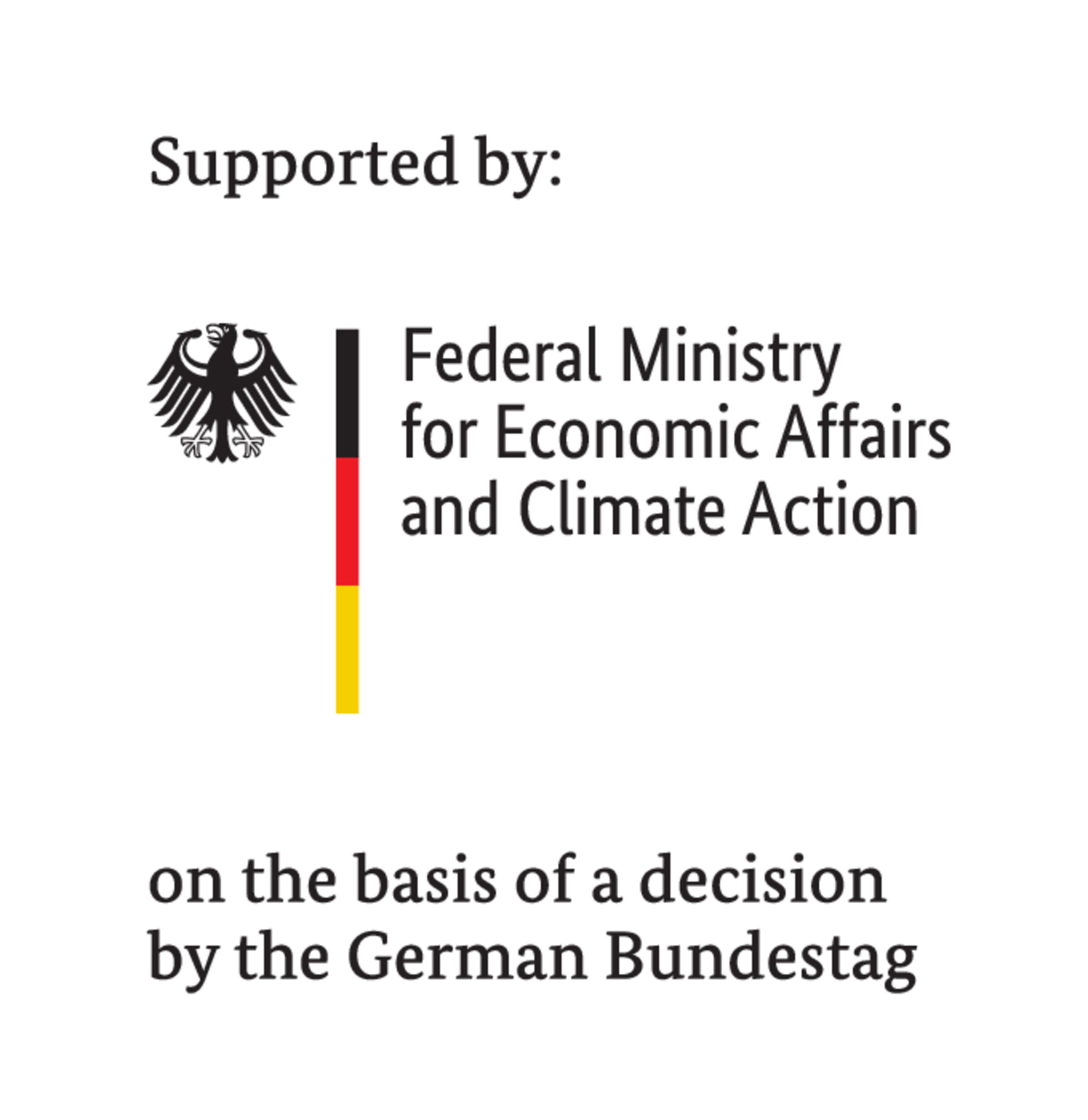Understanding the overall landscape of training providers in Indonesia
Fri, 25 Feb 2022
Training is a part of Indonesia’s education as part of the informal education system. A training can be provided by a government organizations or non-governmental organizations. Training programs are regulated under Government Regulation No. 31/2006 about the National Work Training System, which stipulates that training programs are based on The National Standard Work Competency of Indonesia (SKKNI) for the formulation of skill sets that are needed in the related jobs, and The Indonesia National Qualifications Framework (KKNI) for the implementation of the training’s level compared to the real job level. Successful participants must receive competency certificate that is acknowledged by the Indonesia National Accreditation Institution (BNSP) after the completion. The SKKNI and KKNI are summarily supposed to be derived into the training program, but trainers are allowed adjustments to apply the relevant standard. Thus, on the condition that the licensed training providers issue certificates with the approval of BNSP or the other official standard issuers, all the systems as well as the certificates are reliable and valid.
The providers offer multiple types of training with different systems and methods. The systems and methods varied based on their creativity, technology, management, trainer’s competencies, materials, networking, and experiences. Most of Indonesia’s top training providers conduct training for business and industry related to strategic and performance management, human resources development, and organizational development. The top training providers have some similar basics that include professional research and consulting, excellent and experienced trainers, solid and dynamic materials or modules, national and international standard of certifications, assessment program, partnership and networking with the top local or global companies, as well as professional supervision and evaluation system. The other categories of training providers hold training in language, computer, internet and technology, multimedia, career acceleration for students or fresh graduates and professionals, any kind of creative economy applications, and many more.
According to The Ministry of Manpower, there are 17,113 training providers across Indonesia with 4.83% being government organizations and the rest being from the private sector. However, some non-governmental organizations cooperate with the government in order to support national programs to provide trainings. For instance, EKONID as a non-governmental organization, is partnered with The Ministry of Industry to conduct training for a self-evaluation system implementation in vocational education institutions named TVET System Reform. On the other hannd, as a training and service provider for The German Dual Vocational Education and Training implementation, EKONID also offers separate programs for vocational education institutions and industries.
In any case, training has the potential of bringing everyone in an organization into a higher level of skills or position. Thus, partnering with a licensed, credible, and high integrity training provider is vitally important. Almost all training providers along with their detailed information could be found easily on the internet through the official account of the training provider or through the platform in which countless trainings are exhibited. However, if there are any business or industry and vocational educational institutions that are currently seeking for development partner, EKONID also offers various top-tier training and development programs in our Education-Indonesia.org website.
"Education Indonesia" is a brand of German-Indonesian Chamber of Industry and Commerce (EKONID)


